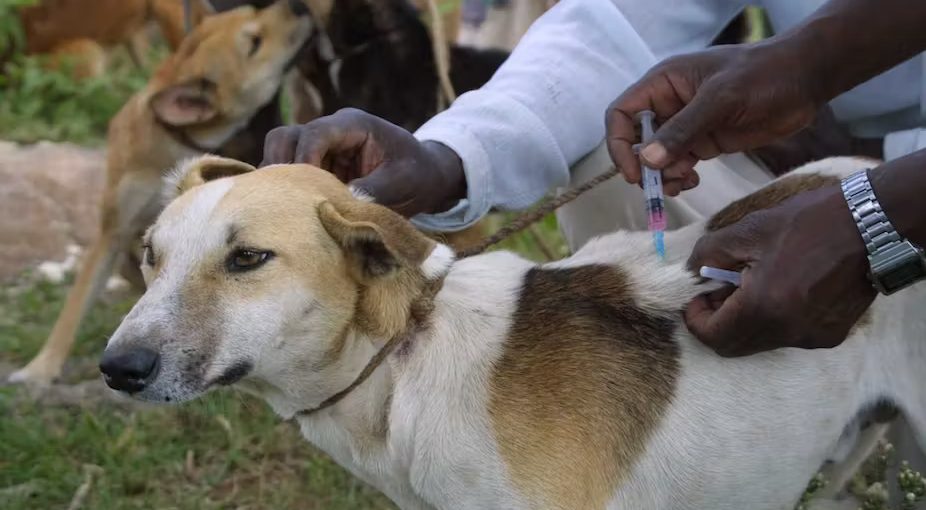Rabies is a viral disease that affects the nervous system of mammals, including humans. It is transmitted through the saliva of infected animals, usually through bites, scratches, or licks on broken skin or mucous membranes. In Uganda, rabies is a significant public health concern, and it poses a severe threat to the livestock industry. Vaccination is the most effective way of controlling rabies, and it is critical for the protection of both animals and humans.
Rabies is a deadly disease, and once symptoms develop, there is no cure. Symptoms of rabies in animals include fever, seizures, paralysis, excessive salivation, aggression, and ultimately death. In humans, symptoms include fever, headache, muscle weakness, anxiety, agitation, and hydrophobia (fear of water). If left untreated, the disease progresses to coma and eventually death.
Rabies is prevalent in Uganda, and it affects both domestic and wild animals. Domestic animals, such as dogs, cats, cattle, and goats, are at risk of contracting the disease through contact with infected wild animals, such as bats, monkeys, and jackals. Humans can contract the disease through contact with the saliva of infected animals, usually through bites, scratches, or licks on broken skin or mucous membranes.
Vaccination is the most effective way of preventing rabies in both animals and humans. In Uganda, the government, through the Ministry of Agriculture, Animal Industry and Fisheries (MAAIF), has developed a national rabies control program that emphasizes vaccination of all dogs, cats, and other domestic animals against the disease. The program also focuses on educating the public on the importance of vaccinating their pets, reporting animal bites, and seeking medical attention immediately after a bite.
Vaccination is critical for the protection of both animals and humans against rabies. In Uganda, there are several types of vaccines available for animals, including dogs, cats, and livestock. The vaccines are administered by trained veterinarians and animal health workers. Vaccination is usually done annually, and it is critical to ensure that all animals are vaccinated to prevent the spread of the disease.
In addition to vaccination, there are several other measures that can be taken to prevent the spread of rabies. These include controlling the population of stray dogs and other animals, proper disposal of animal carcasses, and avoiding contact with wild animals. It is also essential to educate the public on the signs and symptoms of rabies, the importance of vaccination, and what to do in case of an animal bite.
In conclusion, rabies is a deadly disease that affects both animals and humans. Vaccination is the most effective way of preventing the disease, and it is critical for the protection of both animals and humans. In Uganda, the government has developed a national rabies control program that emphasizes vaccination, education, and awareness. It is essential to ensure that all animals are vaccinated, and the public is educated on the signs and symptoms of rabies, the importance of vaccination, and what to do in case of an animal bite.






